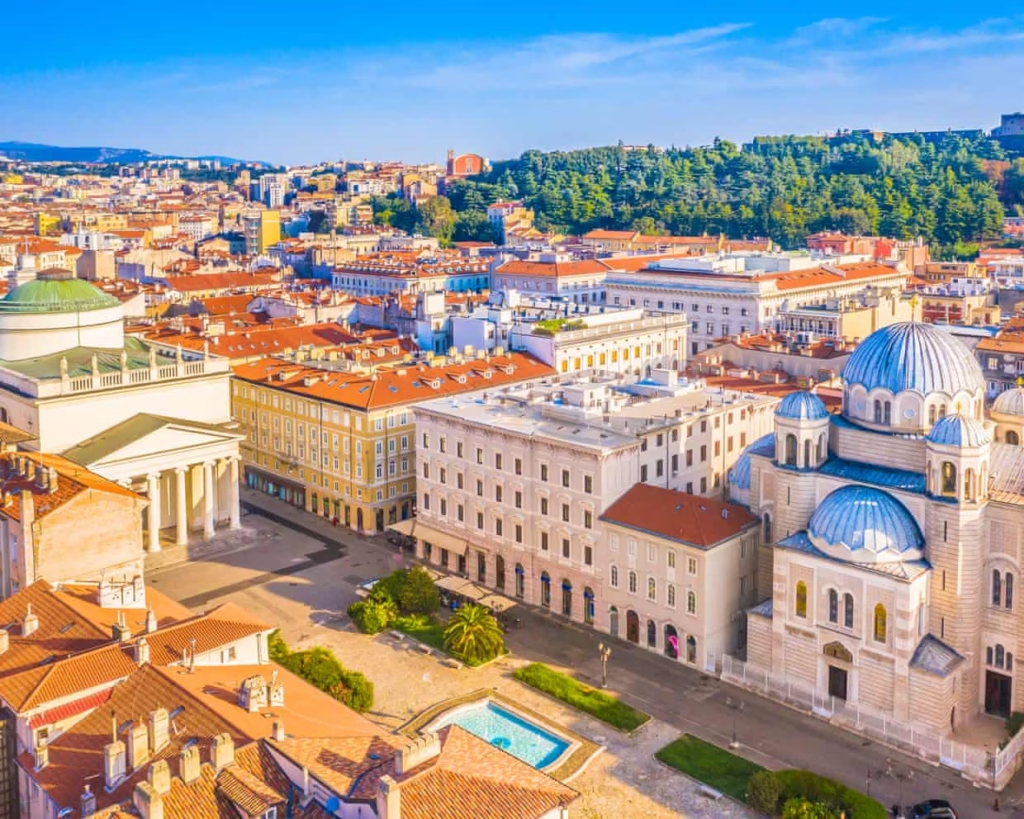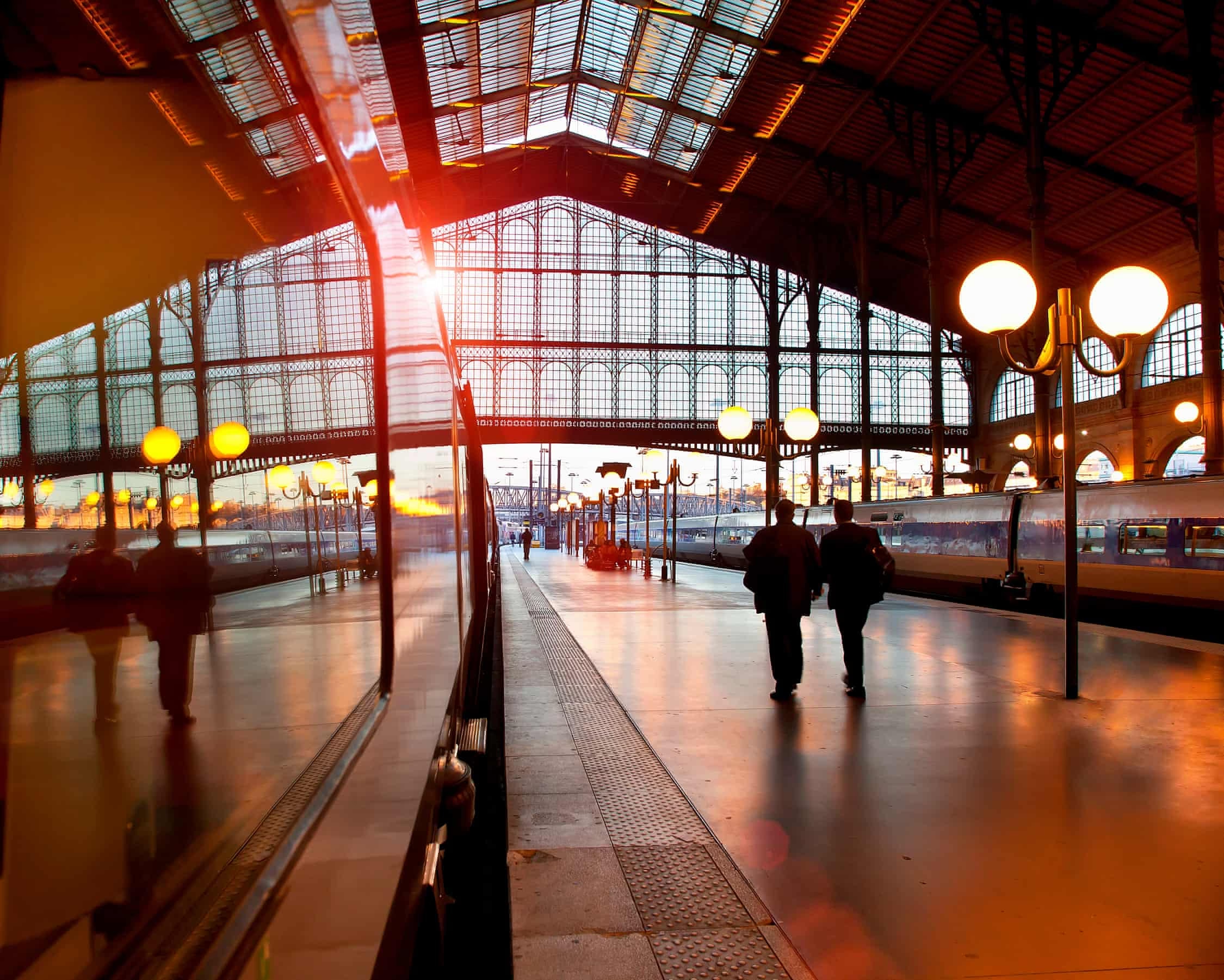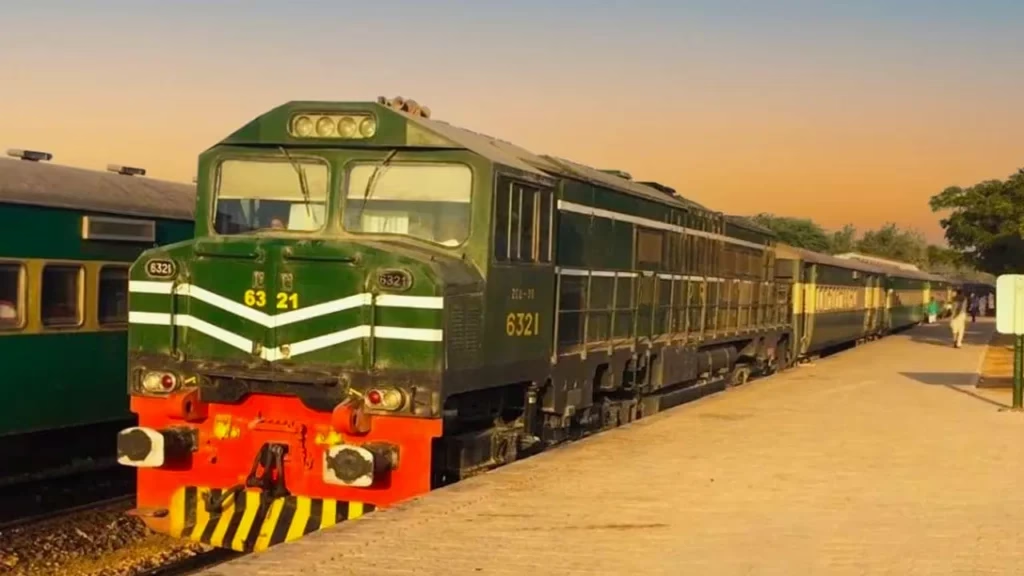Slow travel is making a powerful comeback in the 21st century as more people seek meaningful journeys over rushed arrivals. Unlike air travel, which prioritizes speed and convenience, slow travel—particularly by train—offers deeper connections to landscapes, cultures, and communities. The concept of slow travel is not about rejecting modernity but about embracing an experience that allows reflection, observation, and sustainability.
What is Slow Travel?
Slow travel is a mindset that emphasizes the journey rather than just the destination. Instead of hopping from one airport to another, slow travelers choose trains, buses, or even cycling routes to immerse themselves in the trip. It values quality over quantity—fewer destinations, but richer experiences.
According to the Global Travel Report 2024, more than 42% of travelers now prefer eco-friendly travel options, and train journeys are leading this shift. This proves that slow travel is not just a romanticized idea but a growing global movement.
Why Train Travel Defines Slow Travel
Train travel is one of the purest forms of slow travel. Beyond being a mode of transportation, it allows passengers to witness landscapes gradually unfold, from bustling cities to serene countryside views. The rhythmic motion of trains, the ability to walk around freely, and the chance to interact with fellow passengers all contribute to a richer experience compared to air travel.
While flights can make the world feel smaller, trains expand it, making us realize the distance, diversity, and beauty that connect places. As Irish writer James Joyce once observed, traveling by train reminds us of all the worlds moving simultaneously.

Sustainability and the Future of Travel
One of the most significant benefits of slow travel is sustainability. Airplanes account for nearly 2.5% of global carbon emissions, while trains produce far less pollution per passenger. The European Environment Agency reported that trains emit seven times fewer greenhouse gases than flights over the same distance.
Choosing slow travel by train not only reduces carbon footprints but also supports the idea of sustainable infrastructure. In an era of climate change, every traveler’s choice matters. By selecting trains over planes, individuals can contribute to a greener planet while still enjoying their adventures.
Cultural and Personal Enrichment
Slow travel also nurtures cultural appreciation and personal growth. Travelers who spend time on trains often find themselves observing people, reading, or reflecting—experiences that are rare in the hurried pace of airports.
Instead of rushing through a checklist of tourist attractions, slow travel encourages deeper connections with each stop. Whether it’s enjoying regional cuisine on a scenic route or chatting with locals onboard, slow travelers come away with stories and insights that quick trips often miss.
In fact, a 2023 survey by Booking.com found that 58% of travelers prefer authentic cultural encounters over ticking off landmarks. Slow travel, particularly by train, naturally supports this trend.
The Rise of Slow Travel in Modern Tourism
Travel companies and governments are increasingly recognizing the demand for slow travel experiences. Countries like Switzerland, Japan, and France are investing heavily in high-speed yet scenic railways to make train journeys more attractive.
Even luxury train travel is seeing a revival. Trains like the Venice Simplon-Orient-Express or India’s Palace on Wheels highlight how slow travel can combine comfort, history, and cultural immersion in one unforgettable package.
Meanwhile, budget travelers are also embracing slower journeys. Overnight trains in Europe and Asia are becoming popular again, offering affordable tickets and unique travel experiences.
Why Slow Travel Matters Today
In today’s fast-paced digital world, slow travel provides a counterbalance. It teaches patience, mindfulness, and an appreciation for the journey itself. While air travel will always be essential for long distances, it often strips away the richness of discovery. Slow travel, especially by train, restores that magic.
By taking the time to move gradually, we gain perspective—not only on where we are going but also on where we’ve come from. In many ways, slow travel helps us reconnect with the essence of exploration.
Slow travel is more than just a trend; it is a conscious choice to experience the world in a deeper, more sustainable way. Train journeys, in particular, embody the essence of slow travel—offering cultural enrichment, environmental benefits, and a chance to embrace the philosophy of mindful exploration.
As global travelers increasingly prioritize sustainability and meaningful experiences, slow travel by train is set to become a defining feature of modern tourism. By choosing this path, we not only reach our destinations but also discover the stories, landscapes, and reflections that make the journey truly unforgettable.



